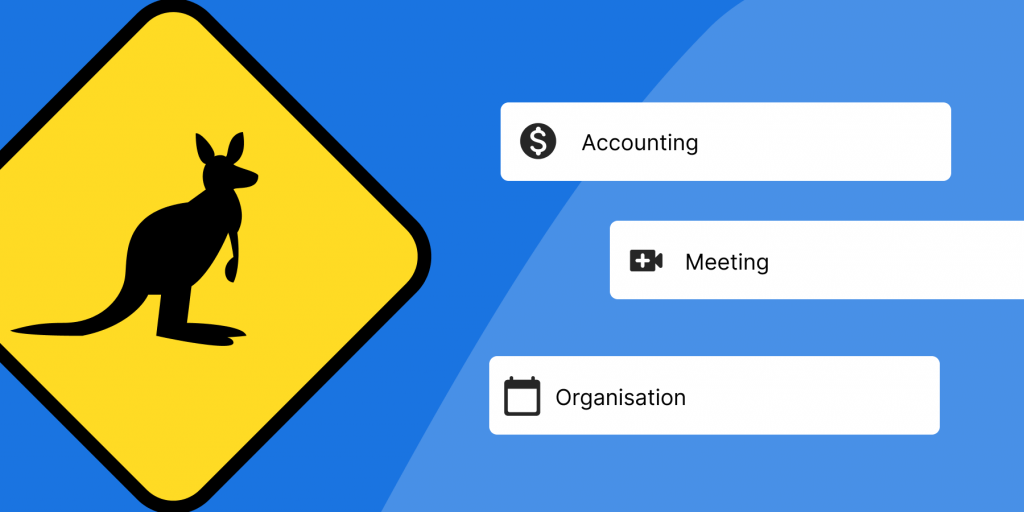Why should your company hire curious people?
by Anna Eisner-Kollmann, 25.03.2024
Curious employees are always interested in learning new things and developing their skills. As a result, they bring new ideas and perspectives to their team. This is why curious employees are a great asset to every company.

Curiosity is a critical skill in the digital age
As part of a study by Harvard University, a total of 1,500 managers from 90 different countries worldwide were asked which skills are particularly needed by companies in times of digital transformation. The most common answers were the following skills:
- Adaptability
- Curiosity
- Creativity
Have you heard of epistemic curiosity?
In a constantly changing business world, it is essential to stay up-to-date and keep an eye out for new opportunities. This is where epistemic curiosity comes into play. But what exactly is it, and why should your organisation encourage it?
Epistemic curiosity, the drive to seek knowledge and understanding, is a powerful tool. It propels us to ask questions, seek information, and adopt new perspectives. Recognising the boundaries of our knowledge and daring to change the status quo are two important traits that can elevate your employees performance and productivity.
Creating space for new ideas
By encouraging our employees to be epistemically curious, we open doors to innovation and creativity. New ideas arise from the need to understand better or improve things. This openness to new insights enables us as a company to see trends, exploit opportunities, and continuously develop.
Think for a moment about how many questions children ask every day. “Why is it like that?” is a natural question for children, but it is asked less and less as they get older.
Here are a few tips on how to encourage curiosity in your employees:
- Open communication:: Create a corporate culture that promotes open and transparent communication. Employees should feel free to ask questions, put forward ideas and be curious without fear of negative consequences.
- Freedom to try things out:: Allow employees to try out new ideas. Create a framework in which they can take (safe) risks and learn from mistakes without being punished or criticised.
- Learning and development opportunities: Offer your employees regular training, education and development opportunities. It will help them expand their knowledge and skills and encourage curiosity.
- Reward curiosity: Recognise and reward employees who are curious and bring new ideas. Stay calm with those employees who ask supposedly tedious questions at meetings. Rejoice in the critical minds in your company!
- Exchange and collaboration: Encourage the exchange of knowledge and ideas between the teams in your company. Create opportunities for collaboration and teamwork to bring in different perspectives and stimulate employees’ curiosity. Joint workshops or job rotation are examples of this.
Encouraging curiosity in your teams can not only lead to an innovative corporate culture but also strengthen employee motivation, satisfaction, and loyalty.
Curiosity factor during the recruitment process
To test the motivation and curiosity of applicants during the interview, HR staff can use the following approaches:
- Use questioning techniques to challenge applicants’ problem-solving skills and critical thinking.
- Ask about the applicant’s interest in specific types of training e.g. improvement of technical skills, to see if thy are willing to develop further in these areas.
- Allow applicants to ask their questions to see if they are interested in additional information or development opportunities.
- Ask for examples of new approaches in the organisation (e.g. How would you improve our sales process) to see if the person is looking for solutions independently.
These approaches offer a way to assess the curiosity and motivation of applicants. For instance, Google once published a single puzzle on a billboard. This unconventional approach was design to attract the most curious and motivated individuals to a website where they could apply to Google after completing another puzzle. This example illustrates how curiosity and motivation can be tested in a unique and engaging way.
Curiosity as your employees’ superpower
Curiosity is a valuable quality that companies should not underestimate. By asking questions, developing new ideas and having the courage to break new ground, they can take the company to a new level. And who knows, you’ll soon be hiring the next Albert Einstein. He is said to have once said: “I have no special talent; I am just passionately curious.”
Curiosity in every situation
Have you already thought about digitalising your time and attendance system?
Curiosity in every situation
Learn moreHave you already thought about digitalising your time and attendance system?





